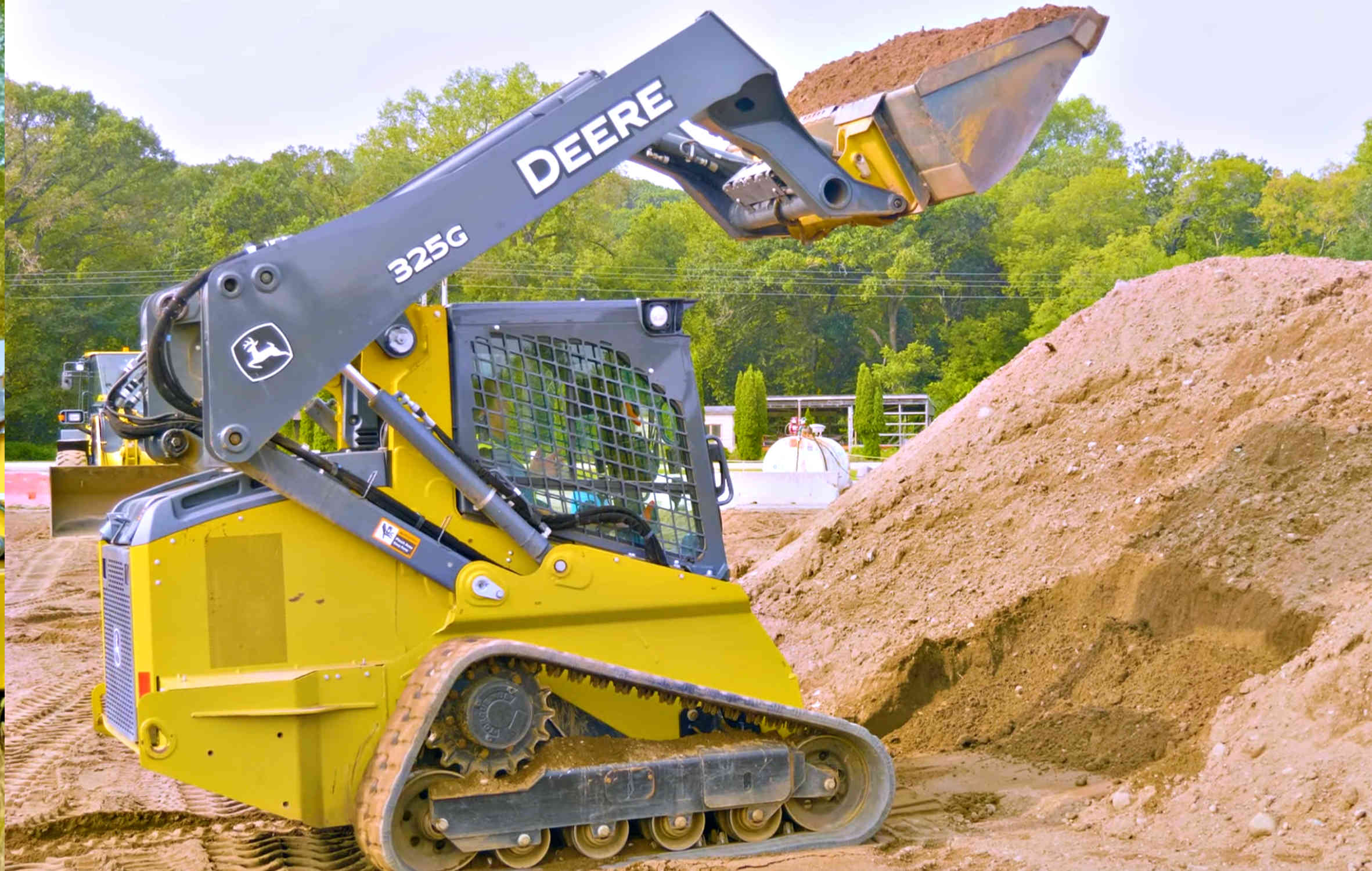Operating a backhoe requires specific skills and training to ensure safe and efficient operation. Here are some key skills and training considerations for backhoe operators:
- Proper Training: It is crucial to receive comprehensive training from a qualified instructor before operating a backhoe. Seek training from reputable training programs, vocational schools, or equipment manufacturers that offer certified operator training courses.
- Familiarity with Controls: Backhoe operators should be proficient in operating the various controls of the machine. This includes understanding joystick or lever functions, hydraulic systems, steering mechanisms, stabilizers, and attachments such as buckets or augers.
- Safety Awareness: Backhoe operators must have a strong emphasis on safety. Training should cover safety protocols, including proper use of personal protective equipment (PPE), understanding site hazards, recognizing overhead power lines, and following proper machine start-up and shut-down procedures.
- Site Assessment: Operators should be trained to assess the work site before starting operations. This includes identifying potential hazards, understanding soil conditions, locating underground utilities, and ensuring proper clearances for digging or lifting activities.
- Digging Techniques: Backhoe operators need to master different digging techniques. This includes understanding how to use the boom, stick, and bucket to efficiently excavate, load, and unload materials. Techniques such as trenching, grading, and sloping should be learned and practiced.
- Load Management: Backhoe operators must have skills in managing loads. This involves understanding load capacities, proper weight distribution, and safe lifting practices to prevent instability or tipping. Operators should be aware of lifting and carrying limits to avoid overloading the machine.
- Communication and Signaling: Effective communication is vital for safe operations. Operators should understand hand signals and proper communication protocols with ground personnel or spotters. Clear communication ensures smooth coordination and prevents accidents on the work site.
- Maintenance Knowledge: Backhoe operators should have basic knowledge of routine maintenance tasks. This includes inspecting the machine before operation, checking fluid levels, and recognizing signs of equipment malfunction. Operators should report any issues to supervisors or maintenance personnel promptly.
- Continuing Education: Backhoe operators should engage in ongoing education and training to stay updated on new technologies, safety regulations, and best practices in the industry. Attending refresher courses and participating in professional development programs can help enhance skills and knowledge.
- Equipment-Specific Training: Different backhoe models may have variations in controls and operational features. It is important for operators to receive equipment-specific training for the particular backhoe they will be operating. Familiarize yourself with the operator’s manual provided by the manufacturer for detailed information on the specific model.

Backhoe Operator Skills and Training illustration
Remember, safety should always be a priority when operating a backhoe. Adhere to all safety guidelines, follow proper procedures, and be vigilant on the job site. Regular practice, experience, and ongoing training will help backhoe operators develop their skills and ensure efficient and safe operation of the equipment.
FAQ
Q: What is a backhoe?
A: A backhoe is a versatile heavy equipment machine that combines the functions of a loader and an excavator. It features a digging bucket on the end of a two-part articulated arm (boom and dipper) mounted on the rear of the machine.
Q: What are the typical applications of a backhoe?
A: Backhoes are widely used in construction, landscaping, utilities installation, road maintenance, and agricultural projects. They can perform tasks such as digging trenches, excavating foundations, loading and unloading materials, grading, backfilling, and operating attachments like augers or hydraulic breakers.
Q: Do I need training to operate a backhoe?
A: Yes, proper training is essential for operating a backhoe safely and efficiently. Seek training from certified programs, vocational schools, or equipment manufacturers to learn about the machine’s controls, safety protocols, site assessment, digging techniques, and load management.
Q: What safety precautions should I take when operating a backhoe?
A: Safety is paramount when operating a backhoe. Some precautions include wearing appropriate personal protective equipment (PPE), performing pre-operational checks, following site-specific safety protocols, understanding hand signals and communication with ground personnel, and maintaining awareness of overhead power lines and potential hazards on the work site.
Q: Can I operate a backhoe without prior experience?
A: It is strongly recommended to obtain proper training and experience before operating a backhoe. Backhoes are complex machines that require knowledge of controls, safe operation techniques, and an understanding of site conditions. Adequate training minimizes the risk of accidents and ensures optimal machine performance.
Q: How do I maintain a backhoe?
A: Regular maintenance is essential for a backhoe’s performance and longevity. Follow the manufacturer’s maintenance schedule, conduct routine inspections, check fluid levels, lubricate moving parts, clean air filters, and promptly address any issues or malfunctions. Proper maintenance helps prevent breakdowns and ensures safe and efficient operation.
Q: Can I use different attachments with a backhoe?
A: Yes, backhoes are designed to be versatile and can be equipped with various attachments to perform specific tasks. Common attachments include buckets, augers, hydraulic breakers, grapples, and compactors. Ensure compatibility with your specific backhoe model and follow proper installation procedures.
Q: What are some tips for improving backhoe operation efficiency?
A: To improve efficiency, operators should practice proper digging techniques, manage loads effectively, familiarize themselves with the controls and features of the specific backhoe model, maintain good communication with ground personnel, and seek continuous education and training to enhance their skills and knowledge.
Q: Can I rent or lease a backhoe instead of purchasing one?
A: Yes, renting or leasing a backhoe is a common practice, especially for short-term projects or when flexibility is required. Equipment rental companies and leasing providers offer various rental and leasing options that can be tailored to specific project needs and durations.
Q: Where can I find additional information about backhoes?
A: You can refer to the operator’s manual provided by the manufacturer for detailed information about the specific backhoe model. Additionally, equipment dealers, industry publications, and online resources can provide valuable insights and guidance on backhoe operation, maintenance, and industry best practices.
Thanks for info